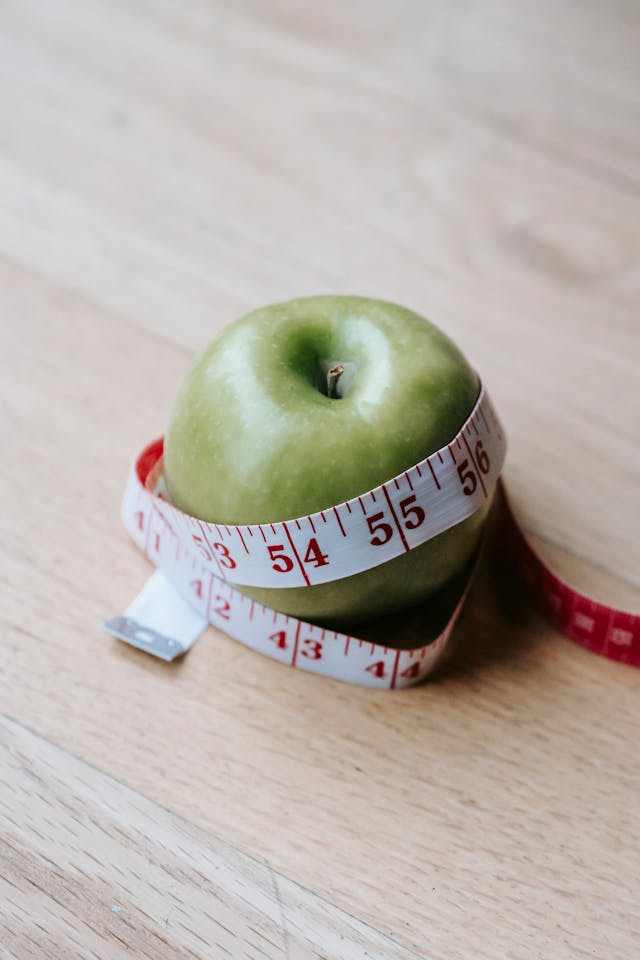What They Don’t Tell You About Calorie Cutting and How to Eat More While Losing Weight
When it comes to weight loss, the advice often boils down to one simple formula: eat fewer calories than you burn. While this principle is technically true, the reality of sustainable weight loss is far more nuanced. As a personal trainer, I’ve seen countless clients struggle with calorie restriction and learn that eating more—yes, more—can sometimes be the key to shedding pounds effectively and maintaining results. Let’s unpack the hidden truths about calorie cutting and how you can achieve your goals without feeling deprived.
The Pitfalls of Extreme Calorie Cutting
1. Metabolic Slowdown
Cutting calories drastically may seem like a shortcut to quick results, but it can lead to metabolic adaptation. When your body senses a significant calorie deficit, it goes into survival mode, slowing your metabolism to conserve energy. Over time, this makes it harder to lose weight and easier to regain it when you return to normal eating.
2. Muscle Loss
Severe calorie restriction can cause your body to break down muscle for energy. Losing muscle mass not only reduces your strength but also lowers your resting metabolic rate (RMR), meaning you burn fewer calories even when you’re at rest.
3. Unsustainable Hunger
Eating too few calories often leads to intense hunger, mood swings, and fatigue. This can make it nearly impossible to stick to your plan, leading to binge eating and a cycle of guilt and frustration.
Why Eating More Can Help You Lose Weight
1. The Thermic Effect of Food (TEF)
Eating increases your metabolism temporarily due to the energy required to digest and absorb nutrients. Protein, in particular, has a high thermic effect, meaning your body burns more calories processing it compared to carbs or fats. By eating a balanced, nutrient-dense diet, you can leverage TEF to support weight loss.
2. Muscle Preservation and Growth
Consuming enough calories, especially from protein, supports muscle maintenance and growth when combined with strength training. More muscle means a higher RMR, which helps you burn more calories around the clock.
3. Hormonal Balance
Severe calorie deficits can disrupt hormones that regulate hunger and satiety, like leptin and ghrelin. Eating adequate calories helps keep these hormones in check, reducing cravings and promoting a feeling of fullness.
4. Improved Workout Performance
Fueling your body properly gives you the energy to perform better during workouts. Higher intensity and more effective training sessions translate to greater calorie burn and better overall results.
How to Eat More and Still Lose Weight
1. Focus on Nutrient Density
Replace calorie-dense, low-nutrient foods with nutrient-rich options like lean proteins, vegetables, fruits, and whole grains. These foods are lower in calories but high in volume, helping you feel full without exceeding your calorie goals.
2. Prioritise Protein
Protein is not only essential for muscle repair and growth but also highly satiating. Aim to include a source of protein in every meal, such as chicken, fish, eggs, tofu, or legumes.
3. Embrace Strength Training
Building muscle is one of the most effective ways to increase your calorie burn. Incorporate resistance training into your routine at least 2-3 times per week to boost your metabolism and support healthy weight loss.
4. Practice Mindful Eating
Pay attention to hunger and fullness cues, and avoid eating out of boredom or stress. Slowing down during meals and savoring each bite can help you eat less while feeling more satisfied.
5. Cycle Your Calories
Consider cycling your calorie intake by alternating lower-calorie days with higher-calorie days. This strategy can prevent metabolic slowdown and make your diet more flexible and sustainable.
The Importance of Consistency
Weight loss is not about perfection—it’s about consistency. Small, sustainable changes to your diet and lifestyle can lead to significant results over time. By eating enough to fuel your body and choosing the right foods, you’ll not only lose weight but also feel energized and strong throughout the process.
Final Thoughts
Calorie cutting alone isn’t the magic solution to weight loss. In fact, eating more—strategically—can be a game-changer for achieving your goals. By focusing on nutrient density, prioritising protein, and supporting your body with strength training, you can create a sustainable plan that keeps you feeling satisfied while shedding unwanted pounds. If you’re unsure where to start, consider working with a personal trainer or nutritionist to design a personalised approach tailored to your needs.




